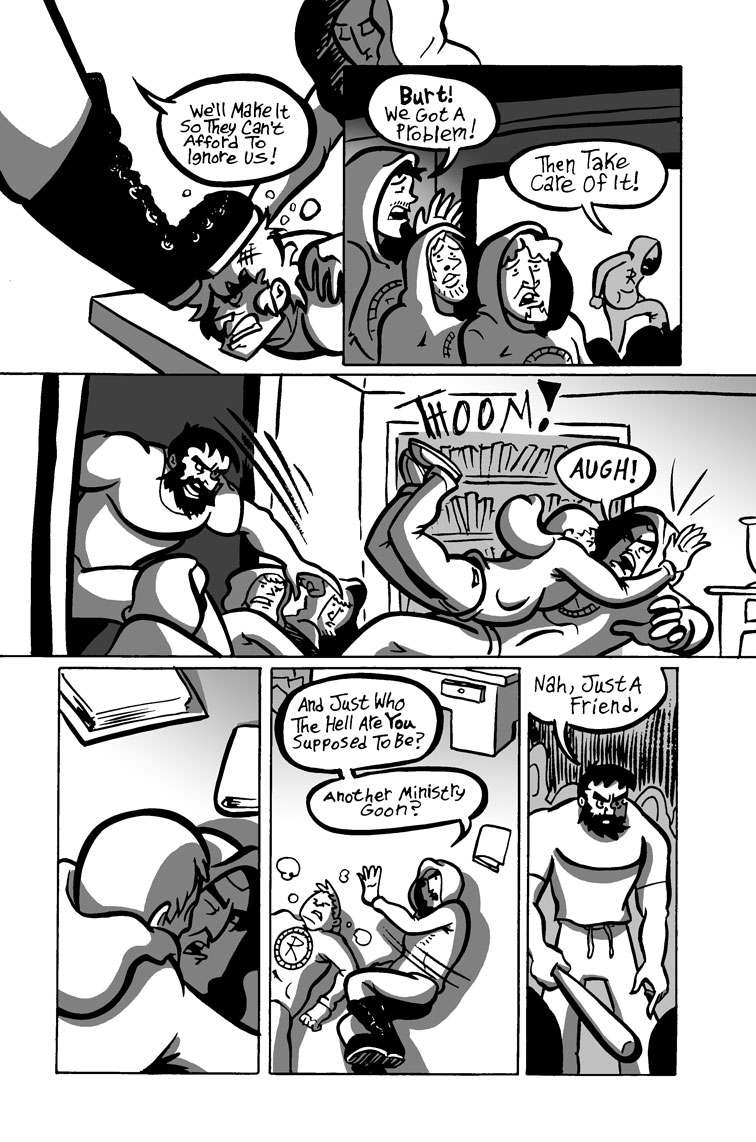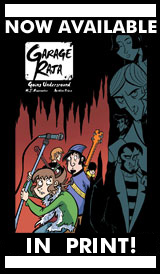
- Album 1: Going Underground »
- Album 2: In The City »
- Album 3: Born On The Bayou »
- Album 4: Being There »
- Track 1: All The Wrong Friends
All The Wrong Friends 1:72
Musical Lies
The music press has made much of the fact that Dean Blunt’s latest album is a comment on genre, with special note given to the fact that the title of the album (“Black Metalâ€) and a handful of song titles (“Punk,†“Countryâ€); John Paul of PopMatter argues that “no analysis of the album would be able to fully overlook the misnomer and discuss its real or imagined implications†while Simon Chandler of Tiny Mix Tapes would have fans believe that though “it would be all-too easy to charge (Blunt) yet again with artistic tomfoolery and arch self-consciousness, there’s a newfound purpose to his dilettantism, one that invests the album with more weight than anyone had any right to expect.†Much is made of how “the dialogue ultimately centers on the music itself, requiring established identifiers to be applied in order to properly define the intent behind each track,†of how Blunt is trying to reclaim a slice of music for Black culture and how this is all one big “dismantling of the ghettoization of contemporary pop music,†but what neither author seems to understand is that they are mistaking a crawfishmound — a mud clod — for a mountain. No amount of academic jargon and pathetic flaying around for “meaning†can save Black Metal from the fact that it is one of the most rotten musical experiences in year. What matter is it that a song entitled “Punk†does not, in fact, sound like a “punk†song when it is a rotten piece of work through and through, plagued by tinsley production, wretched vocals and dull arrangements? If it’s true, as Simon Chandler of Tiny Mix Tapes proclaims, that this album is an attempt to move away from “white†cultural forms, does it somehow make Joanne Robertson’s creaking, cracking and characterless voice “angelic?†Does it make the pedestrian rhymes, the dime-store existentialism and alienation conveyed by the lyrics (“I’m not who I’m meant to be;†“I just wanna say/all this money really killed my worldâ€) sound any less absurd or childish? Not at all. This is still empty music made by a nonexistent talent that conveys not a thing emotionally (let alone intellectually). The pseuds can dress this hollow non-music up with the most pretentious adjectives they want (at one point Chandler describes the lusterless sounds LUSH as “beatific swooping;†later, he describes the cracking squeal of Joanne Robertson as “angelic;†it’s as if he thinks this album was a gift from some higher sphere, like a child mistaking the star on a Christmas tree for an actual sstar) and pass off Blunt’s efforts as a sustained critique of the way we label music but what they never manage to do is convince anyone that this is music worth listening to.
Because the sad fact is that Dean Blunt resembles no other musician quite so much as Wesley Willis. For those unfamiliar with Willis, this is not a compliment: the man was a literal lunatic, a raving schizophrenic whose songs consisted entirely of a pre-programmed tunes taken from a CASIO keyboard with a vocal accompaniment. His thematic concerns were few (sucking animal dicks, fighting superheroes, concerts, favorite celebrities), his vocal register limited to a drunken wail. What appeal he had came not from his talent but from his freak-show status; the soul who would argue that Willis was an avant-garde genius is either pretentious in the extreme, ironic or so fundamentally without taste that they should have their hearing checked: one is likely to find that this person is deaf.
Where Willis was outrageous, though, and deeply troubled by a very real mental malady, Dean Blunt has neither a saving grace nor an excuse. One suspects the reason he’s gone to such lengths to appear inscrutable and the reason he raps over the preprogrammed chintzy garbage that serves as his backing tracks here — sounds generally fall somewhere in a spectrum between smooth jazz, the muzak one hears in cheap Chinese restaurants and MIDIs of famous songs — is not because he lacks the money to buy a new keyboard or the presence of mind to compose his own music but because he is devoid of an ear and talent.
He’s certainly devoid of a voice. The man has no vocal register at all. Others have described his style as “deadpan,†but a deadpan voice is not a voice empty of emotion or tone: it may be dry but it is not without character. Blunt’s voice is: lacking even a key, it cannot rightly be called singing. Occasionally he attempts to raise it to match an emotion or makes sure to stretch a syllable out but where other voices might rise or fall for effect, Dean’s is capable of neither enunciation nor modulation. If Dean really is broken up by the betrayal of his lover, as he mentions in “50 Cent†(“I wanna girl who doesn’t want me back/try to go but I can’t relax/She got a new nigga now he can’t be foundâ€) then why can’t he be bothered to emote even the teeniest bit? Any argument that this lifeless affect is a result of his lover’s betrayal or that the emotion should be carried by backup singer Joanne Robertson, who cannot keep a note and whose voice wavers with alarming regularity, is unconvincing, given the lyrical content.
Not that his lyrics deserve proper representation. They’re so slight that it seems like a disservice to the word to label them as “trite.†“You’ll never be/the one I want you to be/’Cuss that person is me,†Dean says in “Molly and Aquafina,†letting us know that he cribbed his rhyming skills and his world-view both from a second-grade primer. “Punk†may open as a story about another failed relationship (“Speak before it goes away/I can’t go another day/I know what she’s gonna say/just to make me go awayâ€) but by the next verse, without even the slightest hint or transition (aside from a laughable backing bit of skatting), Dean’s moved on to rapping about some unspecified crimes he committed and the consequences (“Feds are closing in on me/everybody knows it’s me/What else can I do but hi-ee-ii-ide?â€). Not only can he not be bothered to invest his songs with any emotion but he can’t even be bothered to make them coherent. Ignore how much has been made of the fact that the second half of the album marks a clear divide in styles: whether he’s experimenting with wilder sounds or merely sampling the cheapest music he can find, Blunt remains uninteresting. If it was his intent to produce schlock he should not be congratulated for succeeding so well: one does not reserve their praises for the boob who goes out to clear a two-foot hurdle and succeeds.
Even then, Blunt does succeed in his goal, since, if it’s as Paul argues, an attempt to move beyond genre then Blunt is doomed: genres are not, as he argues, “simply made-up words applied to types of music that, when stripped of context, do no better a job of describing the music when applied incorrectly as when used in the ‘appropriate’ context.†No doubt they are made-up words (but then aren’t ALL words made-up?!?), but to say they are simply made-up is to ignore the fact that songs within a genre share a core set of rules, of styles and forms and sounds. Even Paul acknowledges that these songs sound nothing like other songs in the genre they supposedly belong to but then, if genres were useless, how could he even distinguish these newest offerings from the songs that are normally labeled “punk” or “country”? If these labels were simply arbitrarily applied, empty descriptors then he could never notice these differences! In fact, Dean’s decision to mislabel his songs and bring attention to the fact that they sound nothing like songs in these genres shows us exactly how powerful and pervasive and useful the idea of a genre is: this would not be a point worth making, genre’s would not be useful labels, if they did not, in fact, allow us to classify and identify music as easily as they actually do. Dean’s no more clever than the lazy writer who slaps together a third-rate detective story, titles it “A Western,†explains away his incompetence by making off-hand references to vague theories and then congratulates himself; the only thing he’s succeeded in exposing is the gullibility and smugness of pseudo intellectuals the world over. And the only thing the pseudo intellectuals have proven is that they have neither the ear to really listen to music nor the words to write about it with. They’re as phony as their idol.
– Austin Price







